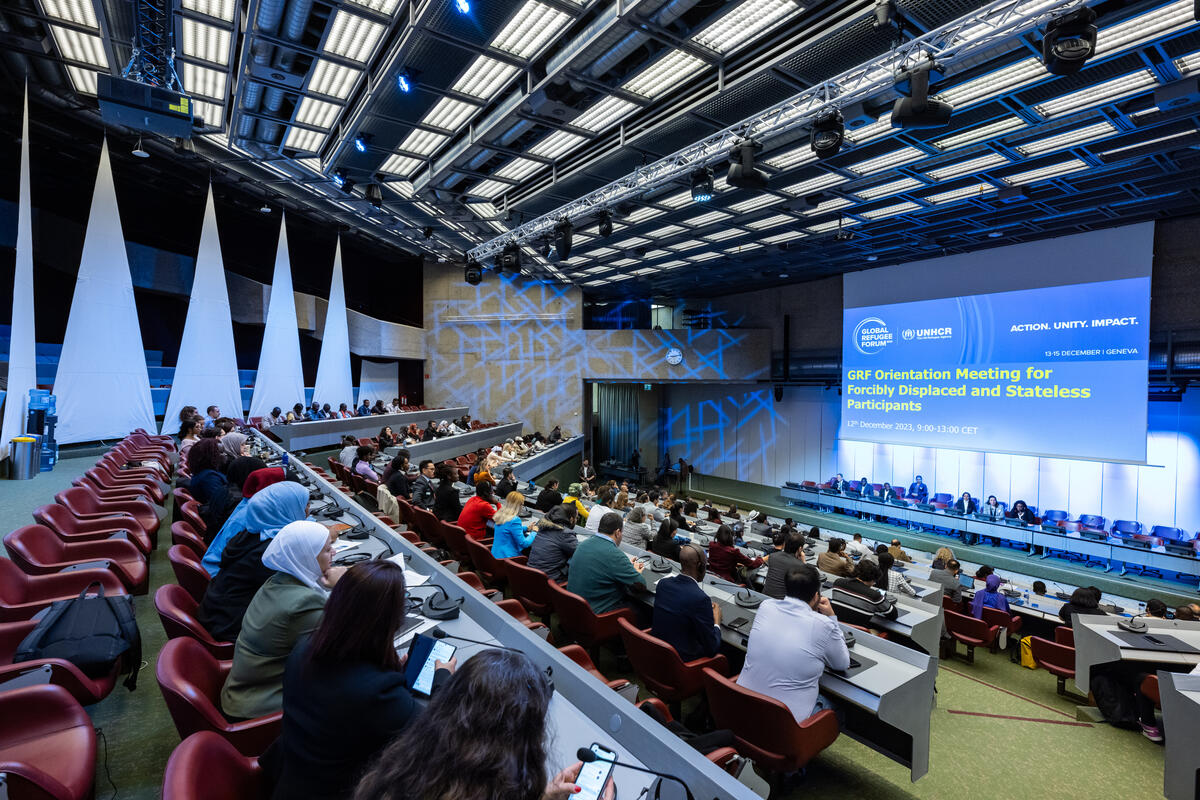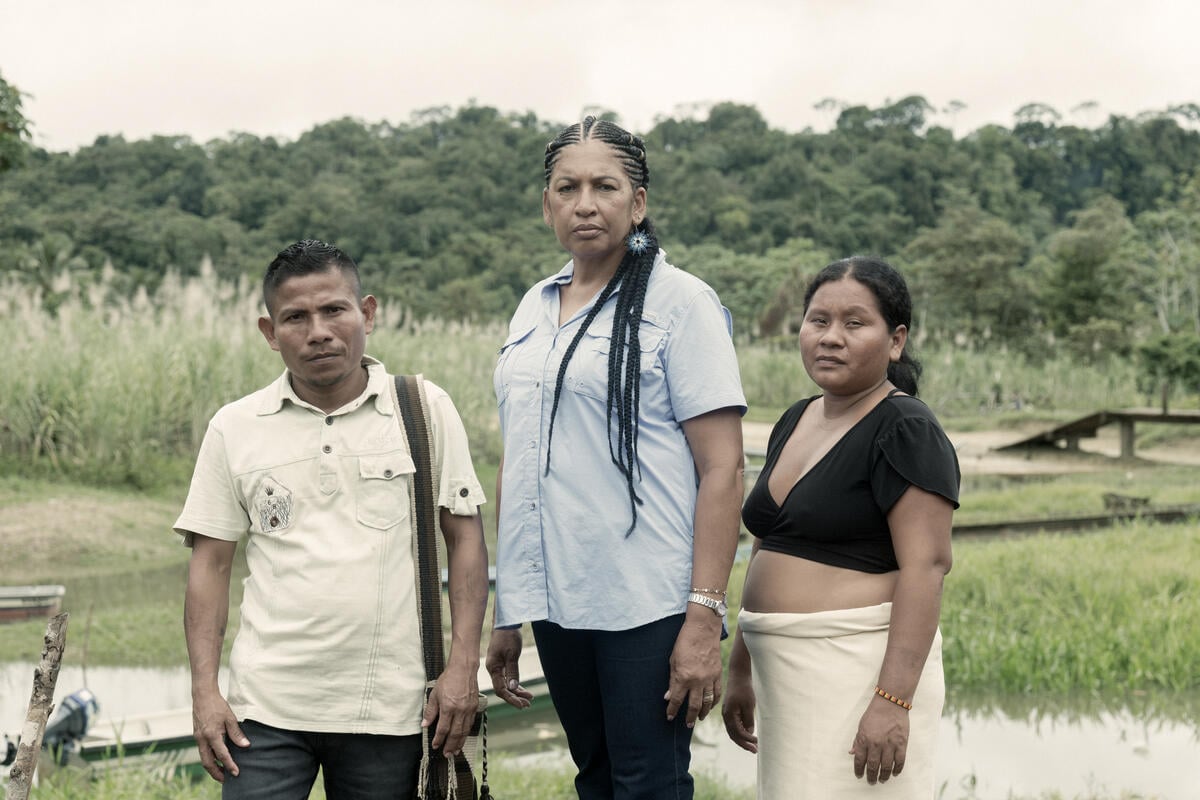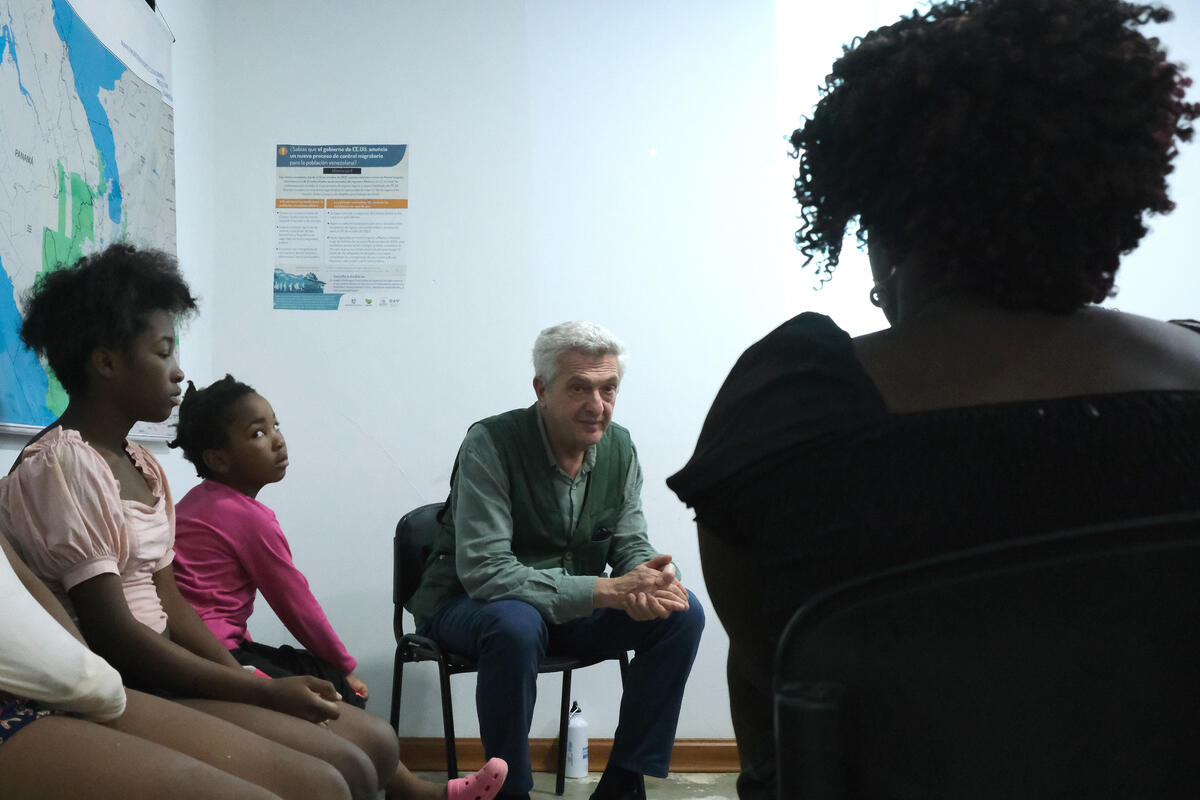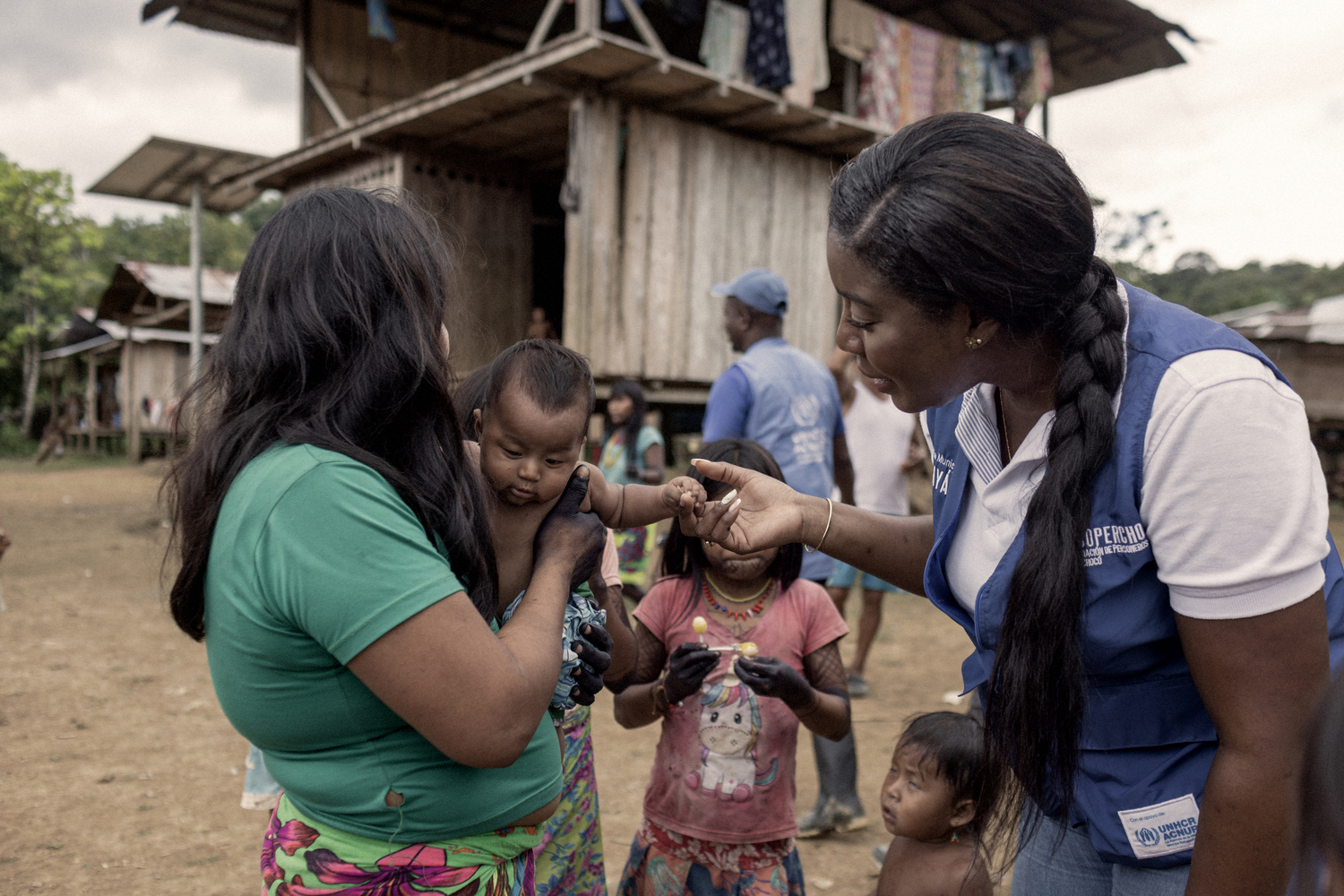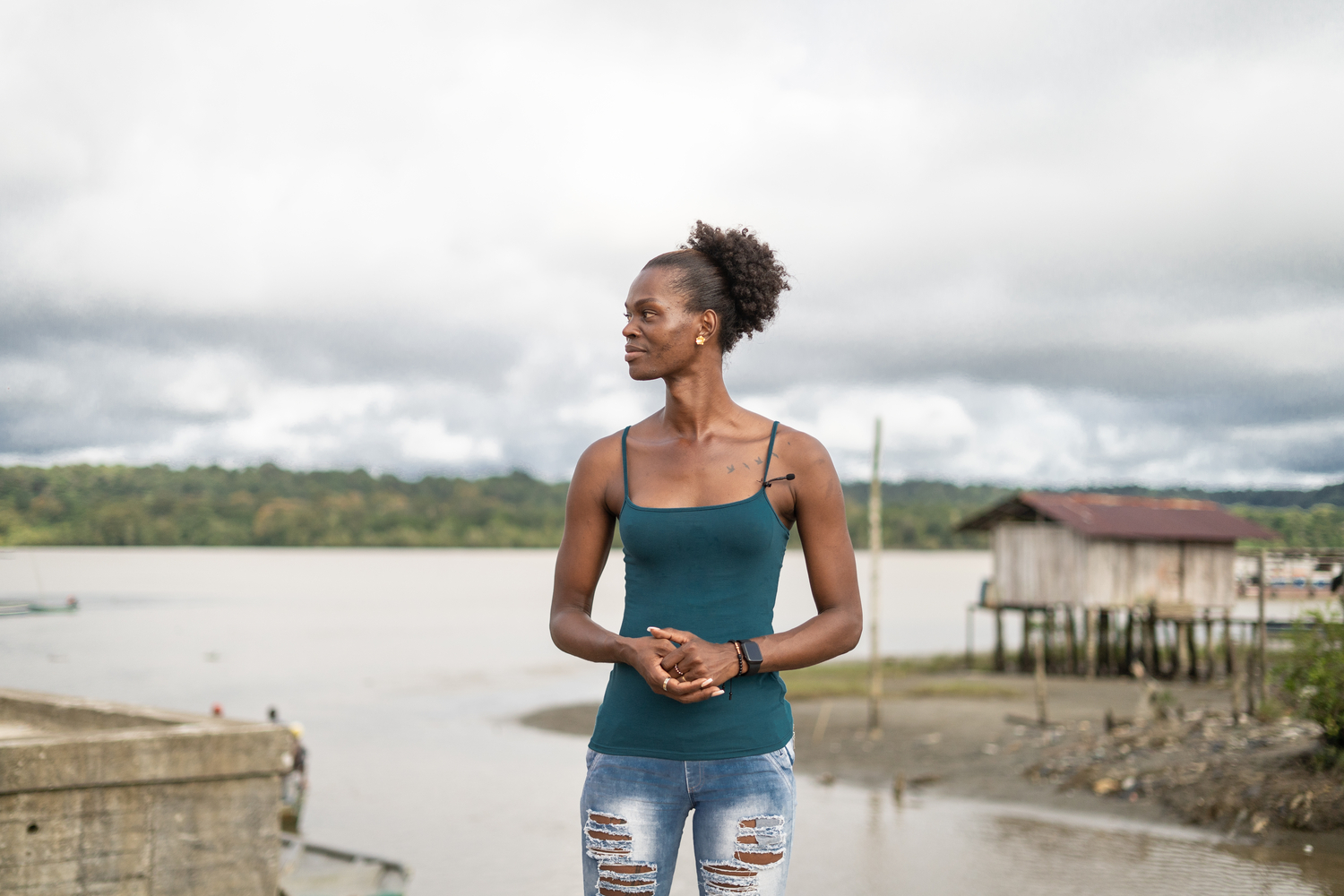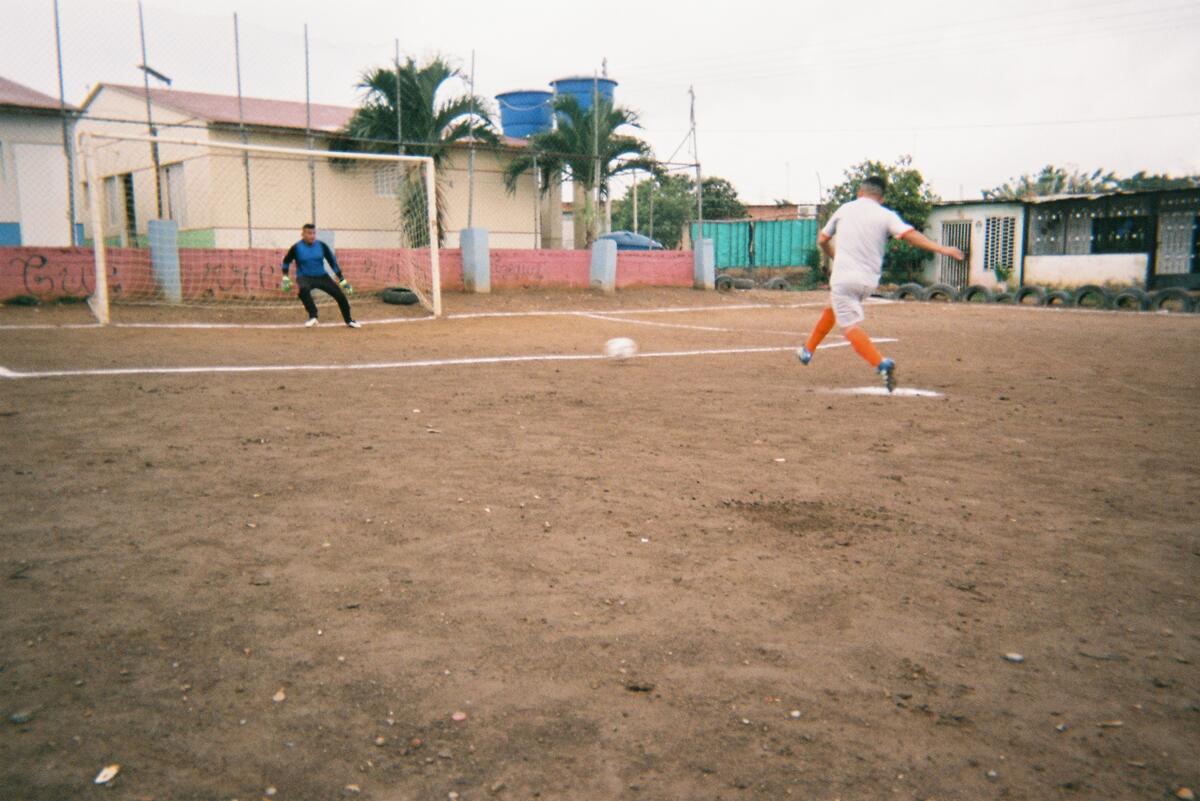Feature: Colombia's poorest region benefits from humanitarian action
Feature: Colombia's poorest region benefits from humanitarian action

QUIBDÓ, Colombia (UNHCR) - The Atrato river meanders slowly through the vast tropical jungle of western Colombia, oblivious to the human flow around it.
For years, irregular armed groups, guerrillas and paramilitaries have waged a war over this waterway, fighting to control the most important route for the trafficking of arms, drugs and contraband in north-western Colombia.
The losers in this struggle are the civilian population, composed mainly of indigenous and Afro-Colombian subsistence farmers and fishermen. Many have lost their lives in massacres, such as occurred in Bojayá in May 2002 when 117 civilians, many of them children, were killed in a church where they had sought refuge. Thousands fled to Quibdó, the main urban centre of the Chocó region in western Colombia.
The Chocó region is considered the poorest and one of the most remote in the country. And of all the cities in Colombia, Quibdó has the sad privilege of hosting the largest proportion of internally displaced persons (IDPs) relative to its size.
Following the Bojayá massacre, UN agencies have worked to provide a co-ordinated response to the ensuing humanitarian crisis in the area. The Chocó region has been chosen as one of the first to benefit from the inter-agency initiative, the Humanitarian Action Plan.

On March 20, the various UN agencies working in the region brought Colombian government representatives, local authorities and officials from eight donor governments to Quibdó to see the humanitarian plan at work on the ground. Local, national and international non-governmental organisations (NGOs) also joined the visit.
The officials visited several projects under the Humanitarian Action Plan, including La Gloria urban school in the Barrio Obrero, a working-class district of Quibdó. Most of the 15,000 inhabitants are IDPs. UNHCR, in co-ordination with the UN Children's Fund (UNICEF) and the Catholic dioceses of Quibdó, will implement a Pedagogy and Protection project that will benefit 1,200 children. The project trains teachers on the specific needs of displaced children and strengthens schools and parent associations helping these children. UNHCR will also contribute to the construction of two new schoolrooms this year.
For the displaced children and youth in Quibdó, integrating in school isn't the only challenge. They also face the risk of being recruited by irregular armed groups. To help provide activities and a sense of community for young people, the refugee agency has financed the construction of a cultural centre for displaced youth, some of whom helped to build the centre.
Another serious problem affecting many of the displaced people and those at risk of displacement in the region is the lack of identity documents. In 2002, UNHCR financed six documentation campaigns in Chocó that reached over 7,000 people.
Other ongoing projects in the region include a fishing project that benefits 850 families, for which the refugee agency helped to link up the communities with funding sources and contributed outboard motors for the fishing boats.
When displaced communities are eventually able to return home, UNHCR accompanies them and follows up on their wellbeing after their return. In 2002, the agency participated in various return movements of displaced people to their homes in Chocó, in co-ordination with local authorities, the church, the communities and other UN agencies.
These efforts should continue in 2003. In the meantime, UNHCR and other UN agencies will continue to focus on this isolated, at-risk area in an effort to bring some stability and hope to the lives of those uprooted and affected by the decades of conflict in Colombia.

